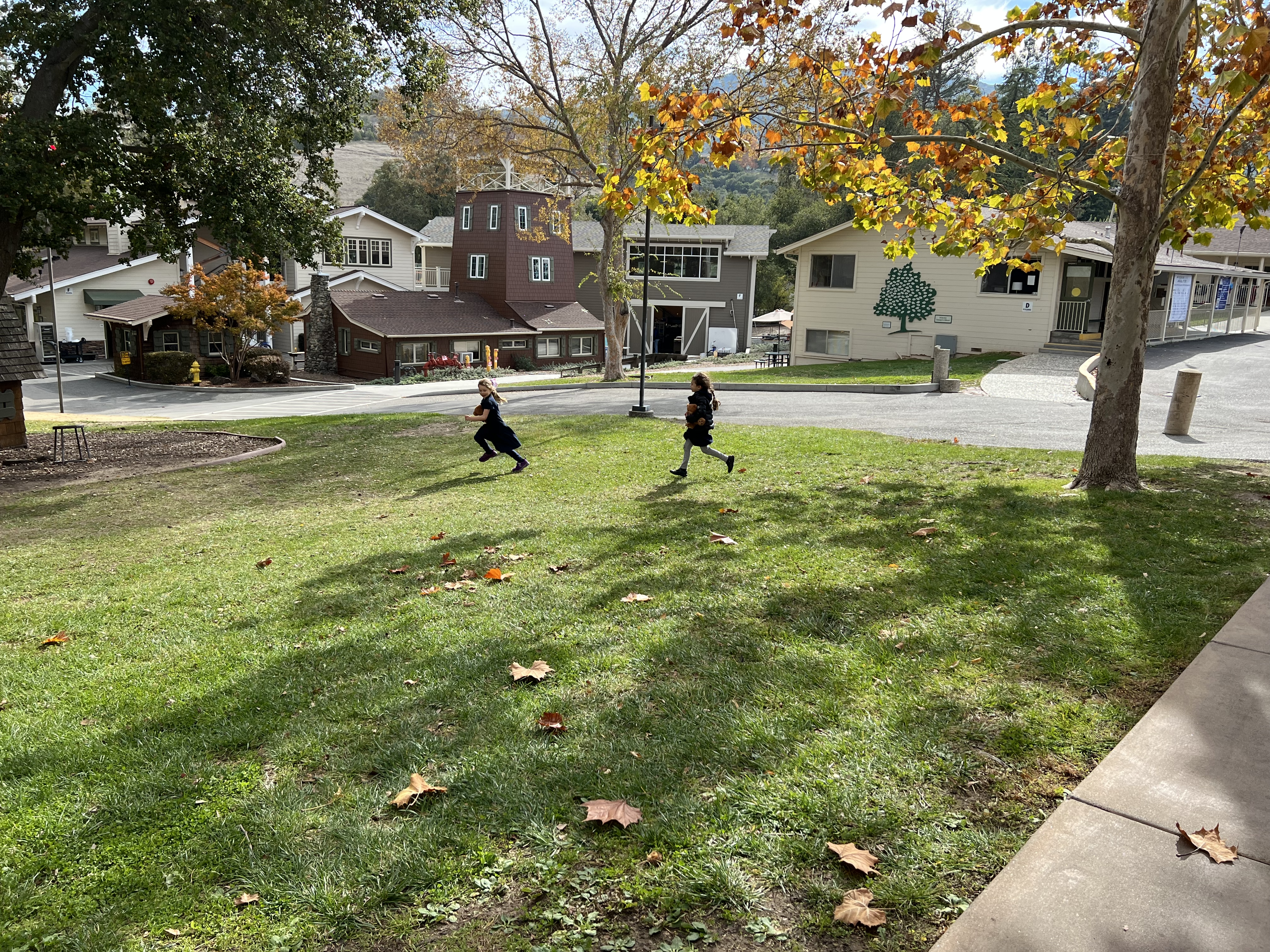Contributed by Mark Silver, Head of School
In a little more than a week, we will have Student Progress Conferences, a twice-yearly opportunity for parents to learn about how their child is doing at school. The focus is on the student, the academic and social emotional growth they are making and the goals they are setting with their teachers to challenge themselves. In the Middle School, students join parents and teachers for student-led conferences. Each student facilitates their own conference, proudly sharing what they have accomplished and the goals they have set for the year ahead. The conference is organized in close consultation with the student’s advisor and offers an empowering moment for each student to take ownership of their own learning journey.
Our teachers know children extraordinarily well, and they are experts at understanding where each child is on their learning journey and finding ways to help them continue moving forward. Part of that expertise is knowing that all children have jagged learning profiles. Put another way, each learner is at a different place for different areas at any given moment in their learning. A student may be an exceptionally talented writer, for example, and yet find themselves struggling to solve problems in math. They may quickly design and create a complex experiment to prove a scientific concept, and yet struggle to comprehend and speak Spanish. And, just as importantly, the “struggling” Spanish student may find themselves thriving two months from now in Spanish class, just as they discover that essay writing is no longer quite so straightforward. We are each unique learners and, as a school, we are committed to trying to meet each child where they are to help them reach their highest individual potential.
Conferences are a snapshot in time, an opportunity to stop and pay attention to where each child is on their learning journey. As parents, we have a chance to celebrate our child’s growth and to understand their struggles. We can learn what is happening in the classroom, and how we can best partner with the school to support our child throughout the school year.
During two recent Lower School Learning in Conversation events, Lower School Head Colleen Schilly shared some excellent articles about how we can support our children in school. One of them, “Give Late Blooming Children the Time They Need,” by Jessica Lahey, particularly resonated with me as it reminded me of one of my all-time favorite children’s books, Leo the Late Bloomer. Lahey recounts the story of Leo, a tiger cub who cannot read, write, draw, eat neatly, or even “say a word.” Leo’s father watches Leo for signs of blooming, but nothing seems to change. He anxiously questions Leo’s mother about whether or not Leo will ever bloom, but his mother keeps reassuring him: “a watched bloomer doesn’t bloom.” All the while, Leo’s father looks around and sees the other young animals doing all of the things that Leo can’t do.
As Lahey writes, “We all watch our children as they grow, for signs that all is well. We crave evidence, both of their healthy development and of our own competence as parents, and lacking any other source of information, we scan the playground for comparisons. That boy can count to 100 in Spanish while my son can barely speak his native tongue. That child can traverse the playground structure with the athleticism of a spider monkey, while mine needs help climbing up the slide. That girl can eat her healthful snack with chopsticks, while my child eats his boogers.”
Next week’s Student Progress Conferences are our effort to provide you information about your child so that you do not need to “rubberneck on the playground.” It is our effort to share with you information about the joyful, challenging, and unique journey your child is on, to help fill in the gaps of knowledge that can lead to anxiety about their development. It is also, however, a moment to remind each of us that children all bloom at “their own rate, in their own sweet time.”
All children bloom early in certain areas and later in others. For some children those moments of early blooming are more obvious, while for others, like Leo, it may feel at times like nothing has bloomed at all. While late blooming can sometimes leave us, as parents, feeling anxious, I encourage you to remember that the journey from childhood to adulthood is a long one, best measured in years.
And, to paraphrase Lahey, in the end – spoiler alert – they all bloom.

